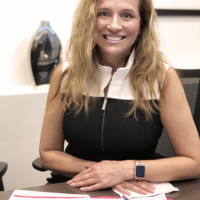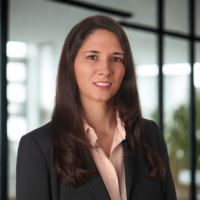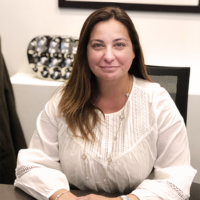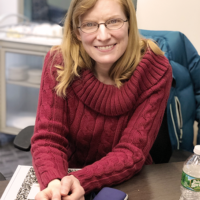
Marcel Quiroga
MY STORY
I witnessed a man fighting with a dog over an orange peel. A few years later, I had tea with the President of France and walked through his dog’s home.
Every day I have the honor and the privilege of working with successful people who value family and hard work. I know many of them more intimately than some of their own family and friends might know them. That is because I deal with an intimate issue: money. It never ceases to amaze me how money and finances stir such a vast range of emotions, and drive such a wide breadth of actions.
Throughout my life, I’ve had moments of desire for more, but never of want (defined as a lack or deficiency of something). Desire can be motivating, want can be devastating. I have seen the ugly face of want.
It was in Cochabamba, Bolivia. I was seven years old, and my mother had taken my sister and I to the open market. There I saw a grown man in dirty rags trying to pull an orange peel out of a dog’s mouth. I don’t know who won that battle, but did that even matter? Four years later I found myself in Paris, France along with other children who were representing the U.S. at the International Fair of the Child. I was elected to join a small group of children from other countries to have tea with then President Giscard at his home. We were given a tour of The Élysée Palace. It included a walk through the dog’s house, and were told that he was often fed raw steak.
I have identified those two events as key moments that have informed how I look at life. The default might be to think it is an atrocity that in some parts of the world some people are starving, while in other parts people and their pets feast on a regular basis. The reality is that choices made by our countries’ leaders, voters, people in positions of power, and people who grant them power even if it is by their silence contribute to creating and sustaining these inequities. It is natural that those who can enjoy wealth will enjoy it, at whatever level that is. What is not natural, however, is for people to die of hunger and preventable diseases. People should not want for food and good health.
The years have come and gone since my trip to Paris. I’ve lived in the U.S., where I was born, for many of those years, but went back to Bolivia where I lived on a dairy farm, had my two children, divorced, went to college, and started my career in finance. I came back to the U.S. once my eldest child graduated from high school in Cochabamba. He, my daughter, and I (“the three musketeers” is what my mom called us) moved to Marblehead, where I live now, a beautiful town on the sea where people are friendly and life is good.
I have been working as a financial advisor since I came back to the U.S. Over the course of my life I have accumulated over 20 years of experience in the financial industry. I love helping people cultivate prosperity and, through the process, I try to help them see that financial wealth is a tool that serves to enrich their human, social, and spiritual wealth. This is what led me to create The Legacy Dialogues so that people can discover human, social, and spiritual wealth more deeply. I believe the best way to do that is to love humanity, their own and others’. That is what philanthropy means: love for humanity! I also believe that by shifting the focus of legacy from death to life, people are driven to love more as they live their legacies. Inevitably, the more people are philanthropic and live out their legacies, the less anyone will ever have to fight with a dog for a scrap of food.
Other Members

Alexandra Bakovic Quiroga

Claudia Tauro

Tiziana Dearing

